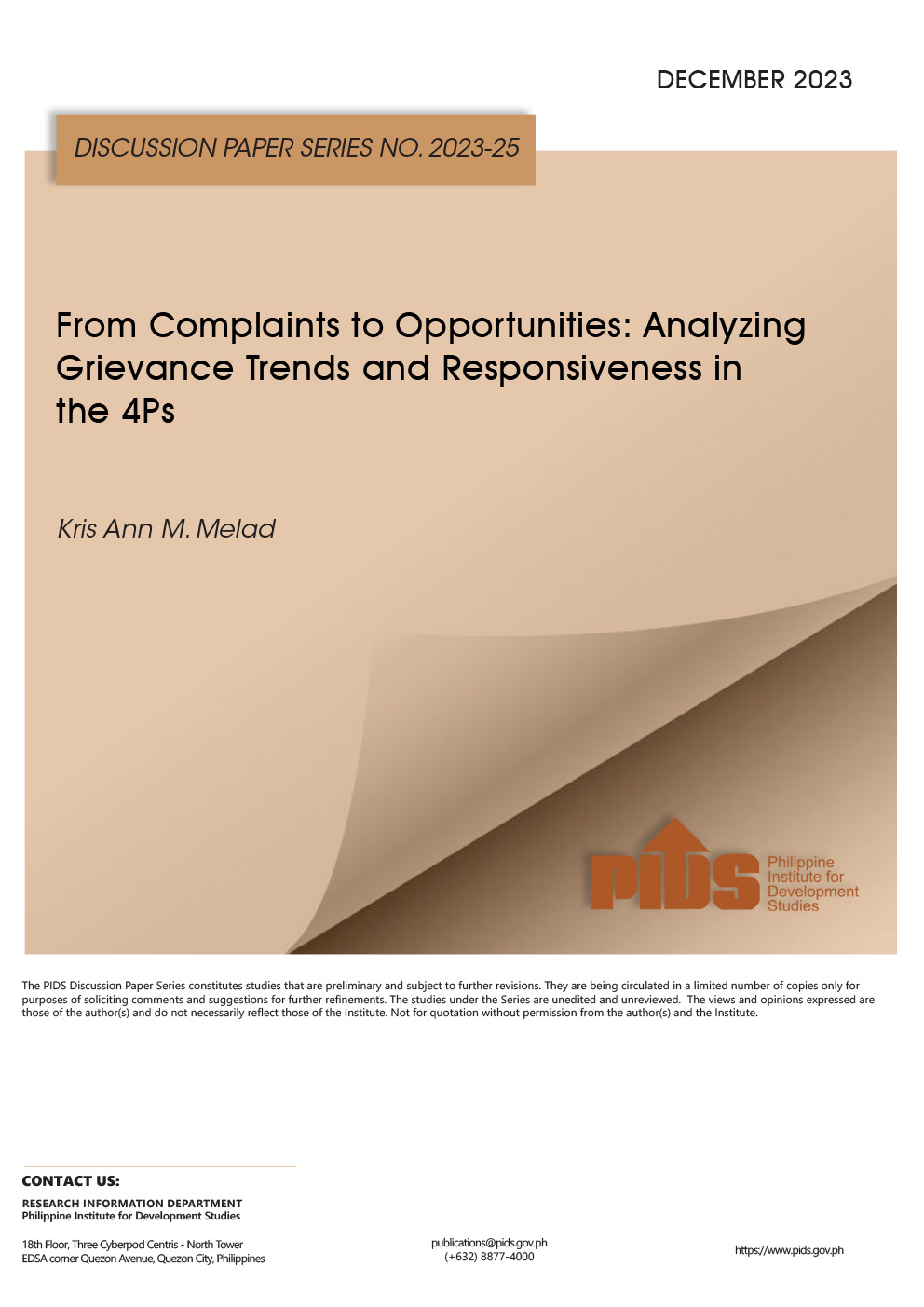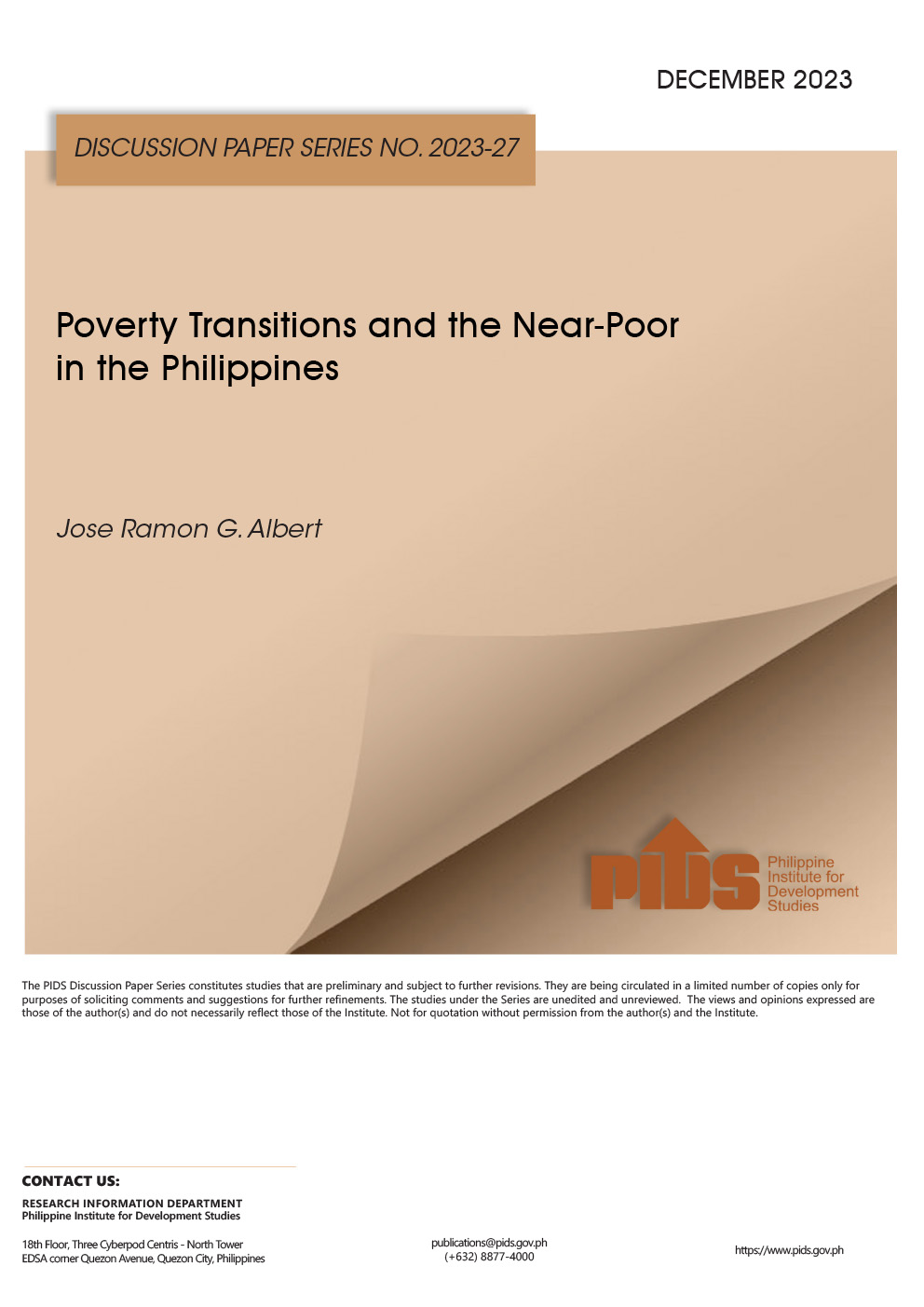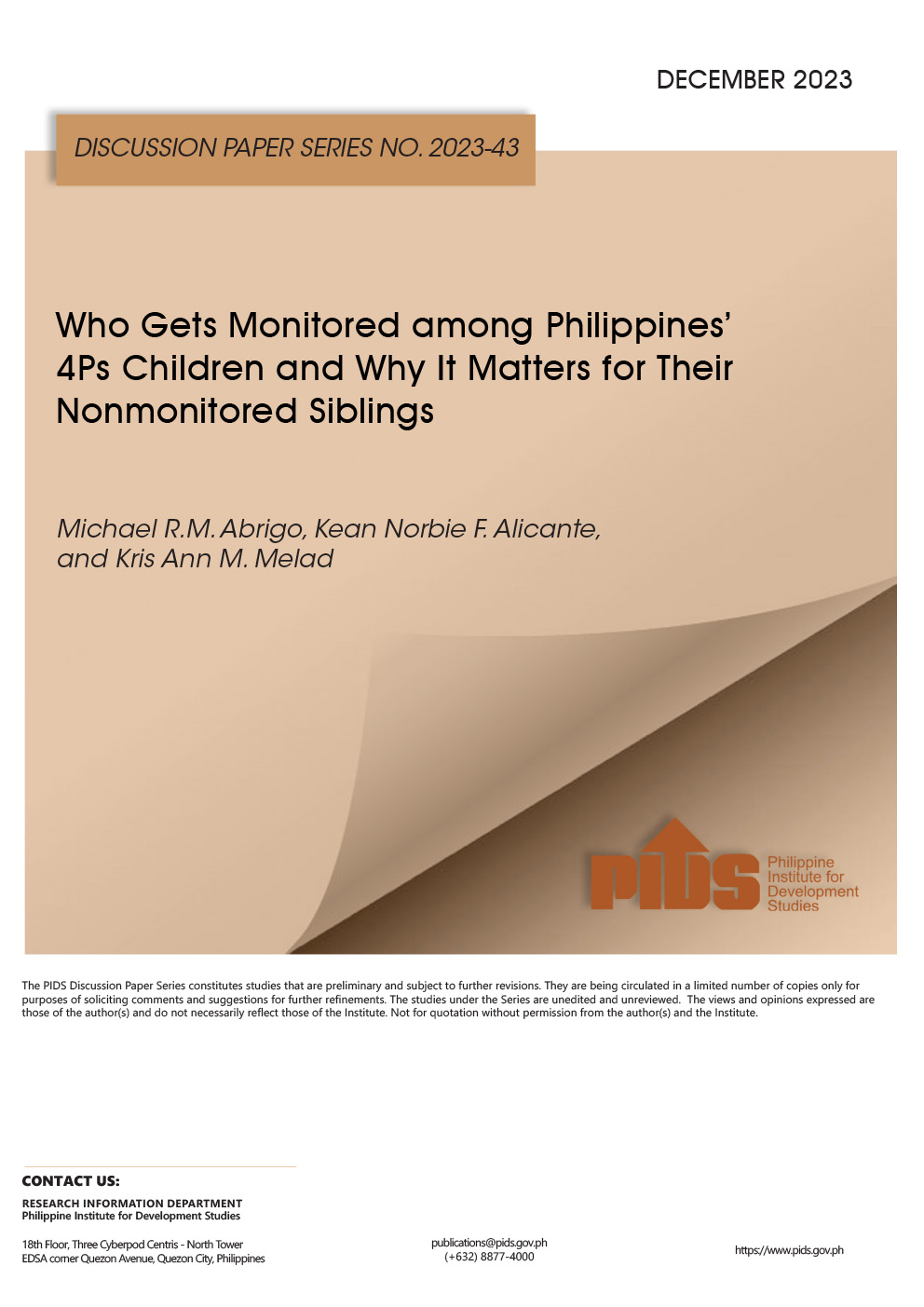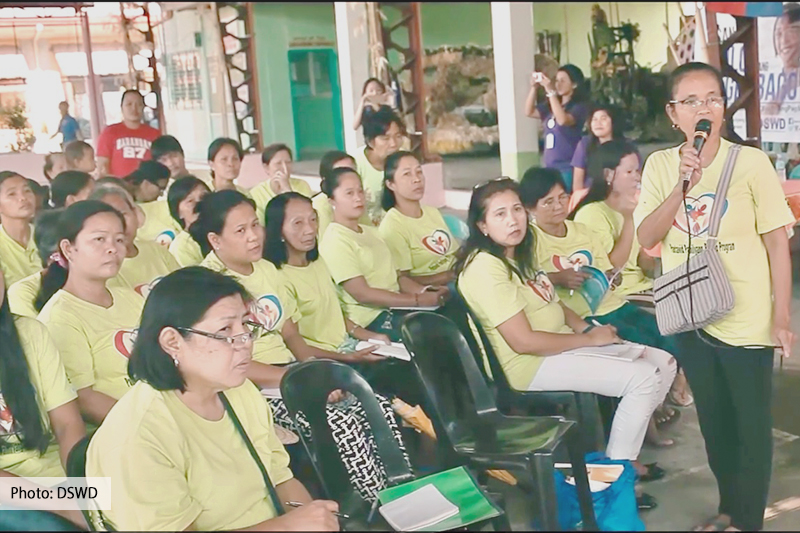The misallocation of our abundant human resources as evidenced by a shortage of technical skills, such as those in construction, highlights the importance of enlightened parents’ participation in the choice of careers, occupations, or professions by their children. This brings up the whole issue of how the pandemic has given parents a wider opportunity to be the “first educators” of their children.
The long months of lockdowns enabled parents to spend a great deal more of time, especially with their children below 20 years of age who were among those whose movements were restricted. Hopefully these have reminded parents at all social levels of what St. Josemaria Escriva, the modern saint who has taught and written most about marriage and family life, has emphasized about the role of parents in the education of their children.
Quoting from an article in the Opus Dei website entitled 14 Questions about the Family, St. Josemaria taught: “The parents are the first people responsible for the education of their children, in human as well as in spiritual matters. They should be conscious of the extent of their responsibility. To fullfil it, they need prudence, understanding, a capacity to love, and a concern for giving good example…. Imposing things by force, in an authoritarian manner, is not the right way to teach. The ideal attitude of parents lie more in becoming their children’s friends — friends who will be willing to share their anxieties, who will listen to their problems, who will help them in an effective and agreeable way…. Being a father or a mother is not simply a matter of bringing children into the world. The capacity for generation, which is a share in the creative power of God, is meant to have a continuation. Parents are called to cooperate with the Holy Spirit in the development of their children into men and women who will be authentic Christians.”
A very important part of being “an authentic Christian” is to use one’s talents and gifts for the common good of society. Hopefully, the five or more months of very close contact of parents with their young children have reopened the eyes of parents on how they can take a more active part in the the moral, intellectual, and spiritual formation of their children.
I would consider this opportunity for closer bonding of parents with their children as another blessing in disguise of the pandemic. This enforced confinement, so to speak, in the home has given parents the opportunities to make up for their previous lack of time devoted to their children (because of work and other commitments) and observe more closely the moral virtues and intellectual achievements in which their children can grow more. This greater time spent at home should have given parents clearer ideas on the very important balance between exercising parental authority and educating their children in the proper use of their freedom.
Again, St. Josemaria gives the most practical advice about how to make this difficult balancing act that has bothered parents since time immemorial: “I always advise parents to try to be friends with their children. The parental authority which the rearing of children requires can be perfectly harmonized with friendship, which means putting themselves, in some way, on the same level as their children…. Children — even those who seem intractable and unresponsive — always want this closeness, this fraternity, with their parents. It is a question of trust. Parents should bring up their children in an atmosphere of friendship, never giving the impression that they do not trust them. They should give them freedom and teach them how to use it with personal responsibility…. It is better for parents to let themselves ‘be fooled’ once in a while, because the trust that they have shown will make the children themselves feel ashamed of having abused it — they will correct themselves. On the other hand, if they have no freedom, if they see that no one trusts them, they will always be inclined to deceive their parents.”
This greater involvement of parents as the first educators will actually be heightened by the “new normal” in education resulting from the pandemic. Until face-to-face classes can be held again (which may still be in the first quarter of 2021), formal education at all levels will be delivered through distance learning. A great deal of learning even of the youngest children will have to happen at home either through digital means or through learning modules that will be distributed to the students. At least at the primary and secondary levels, the parents cannot shirk their responsibility of assisting their children adapt to this new normal in the educational process.
Parents will have to take more seriously the various seminars that will be sponsored by the schools in which their children are enrolled about the nature of blended learning. No matter how busy they are in both their professional occupations and household work, both parents must participate in some form of home schooling. They will have to acquire a minimum understanding of what synchronous and asynchronous online sessions, the Canvass learning management system and other learning modalities are all about. Fortunately, some of the educational institutions that are leading in the transition to on-line distance learning, such as the schools of the Affordable Private Education Centre (APEC) founded by the Ayala group and the Far Eastern University, are actively educating parents on how they can assist their children at home in making the most out of this new normal in the delivery of formal education at the basic education level.
In terms of the family budget, a larger percentage will have to be devoted to improving Internet connections for those who can afford them and to constantly upgrade such digital devices as smart phones, laptops, desktops, and other items I foresee a shift of family expenditures from such non-basic items such as eating out, foreign traveling, lavish celebrations like those during weddings, anniversaries, graduations, birthdays, etc., towards requirements of the new normal, e.g., digital tools and services. In fact, there are already anecdotical reports that parents from lower-income households are already bartering poultry and other agricultural products with second-hand smart phones and other digital devices so that they their children will be able to participate in the blended learning that even the public schools are obliged by the circumstances to adopt.
Especially for those households at the middle-income level, the pandemic has already resulted in a drastic change in consumption patterns. The consumer goods and services that will constitute the bulk of their expenditures will also shift towards pharmaceutical and other products needed for health and wellness, hospital and other medical fees and products and services that will strengthen their immunity not only against COVID-19, which is expected to linger for a long time, but also other types of illnesses.
A recent study by economists from the Philippine Institute of Development Studies (PIDS) reported a slight delay in the Philippines graduating from low-middle-income to upper-middle-income status that has been caused by COVID-19. It is expected, though, that within the next five years or so, the Philippines can attain the upper-middle-income status by attaining a per capita income of more than $4,000. At this level, aspirations of households include educating children until college, owning a car, owning a medium-sized house, finding time to relax with family and friends, owning a business, and being able to travel around the world. Once the economy is able to attain a GDP annual growth rate at the pre-pandemic level of 6 to 7 percent, these aspirations will lead to a recovery in the sales of the automotive industry, a continuation of the growth of the economic housing segment of the real estate industry, and a moderate recovery of the restaurant business which is essential for relaxing with family and friends.
The desire to travel abroad may have to be postponed for a much longer time. What could grow almost instantly once people are allowed to move more freely from one province to another and from one island to another is domestic tourism. Before the pandemic, there were over 60 million middle-class people who spent part of their leisure time traveling to the many tourist destinations within the Philippine archipelago. It will be domestic tourism that will enable the hospitality industry to recover.











